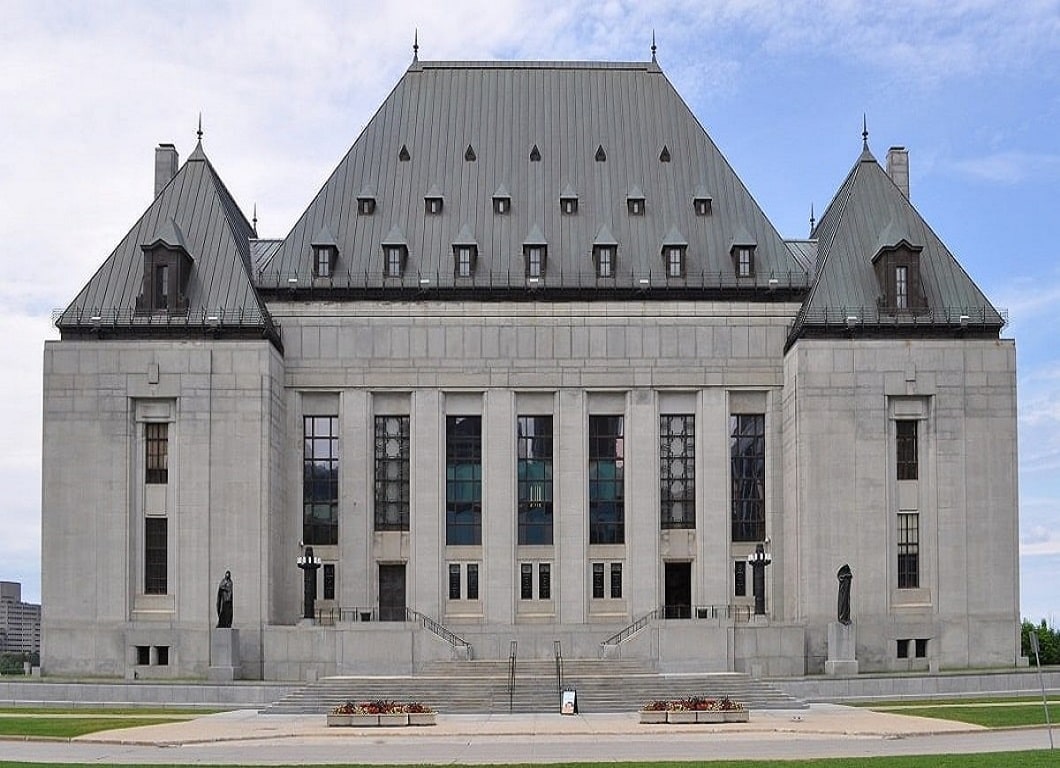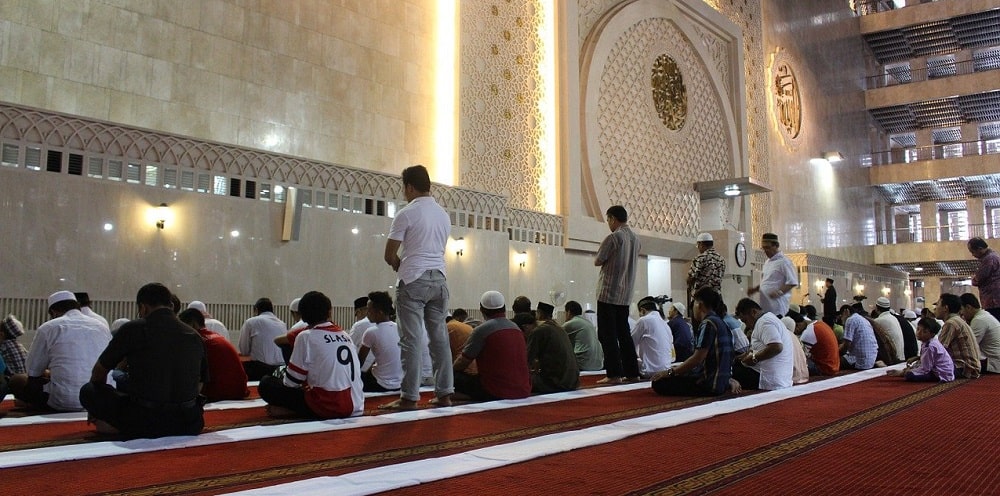Canadian Supreme Court Rules Unanimously For Lower Parole Requirements For Quebec Mosque Shooter
- Jiu Hui
- Breaking News
- May 27, 2022

The Supreme court upheld the Appeal court’s decision that the Quebec City Mosque killer can be eligible for parole in 25 years
By: Charlotte Hui
At 8 pm on January 29, 2017, it was a quiet evening of prayer until a gunshot shattered it. Alexandre Bissonnette, 27, attacked the Islamic Cultural Centre of Quebec City. He fired a 9mm Glock pistol indiscriminately in the lobby of about 40 worshippers, killing six and leaving five seriously injured.
Two years later, Alexandre Bissonnette pleaded guilty to six counts of first-degree murder and attempted murder and was sentenced to life in prison without parole for 40 years. However, after an appeal to the Quebec Courts, they overturned the lower court’s decision, stating that 40 years without parole was unconstitutional and too cruel and severe. They adjusted the sentence to 25 years.
Today, Chief Justice Richard Wagner of Canada’s Supreme Court, wrote in the decision in a 92-page ruling, that overlaying the time limit for parole eligibility to 50,75 or 100 years is not consistent with Section 12 of the Canadian Charter of Rights and Freedoms, which protects persons from cruel and unusual legal punishment.
“They are intrinsically incompatible with human dignity because of their degrading nature. The ruling stated that they deny offenders any moral autonomy by depriving them, in advance and definitively, of any possibility of reintegration into society,” the ruling stated.
At the same time, the ruling also pointed out that giving offenders an impossible parole sentence can have a devastating effect on offenders who lose their rehabilitation rights.

“Orphans will see the murdering person on the roads of Quebec City 25 years after this tragedy”
Quebec’s Muslim community was deeply disappointed by the verdict. It issued a statement saying it “fails to give due consideration to the atrocity and scourge of multiple murders and the hateful Islamophobic and racist aspect of the crime.”
Mohamed Labidi, the founder of the Quebec City Mosque, said he preferred a 40-year sentence without parole because it balanced the cost of the atrocity with constitutional issues.
“Our deep concern is about the orphans that will see the murdering person on the roads of Quebec City 25 years after this tragedy,” Labidi said.
Meanwhile, the victims’ families also spoke out at the release of the 25-year sentence, “this day marks the end of a long judicial process, but we are aware that this is not the end of their grieving and healing progress.”








